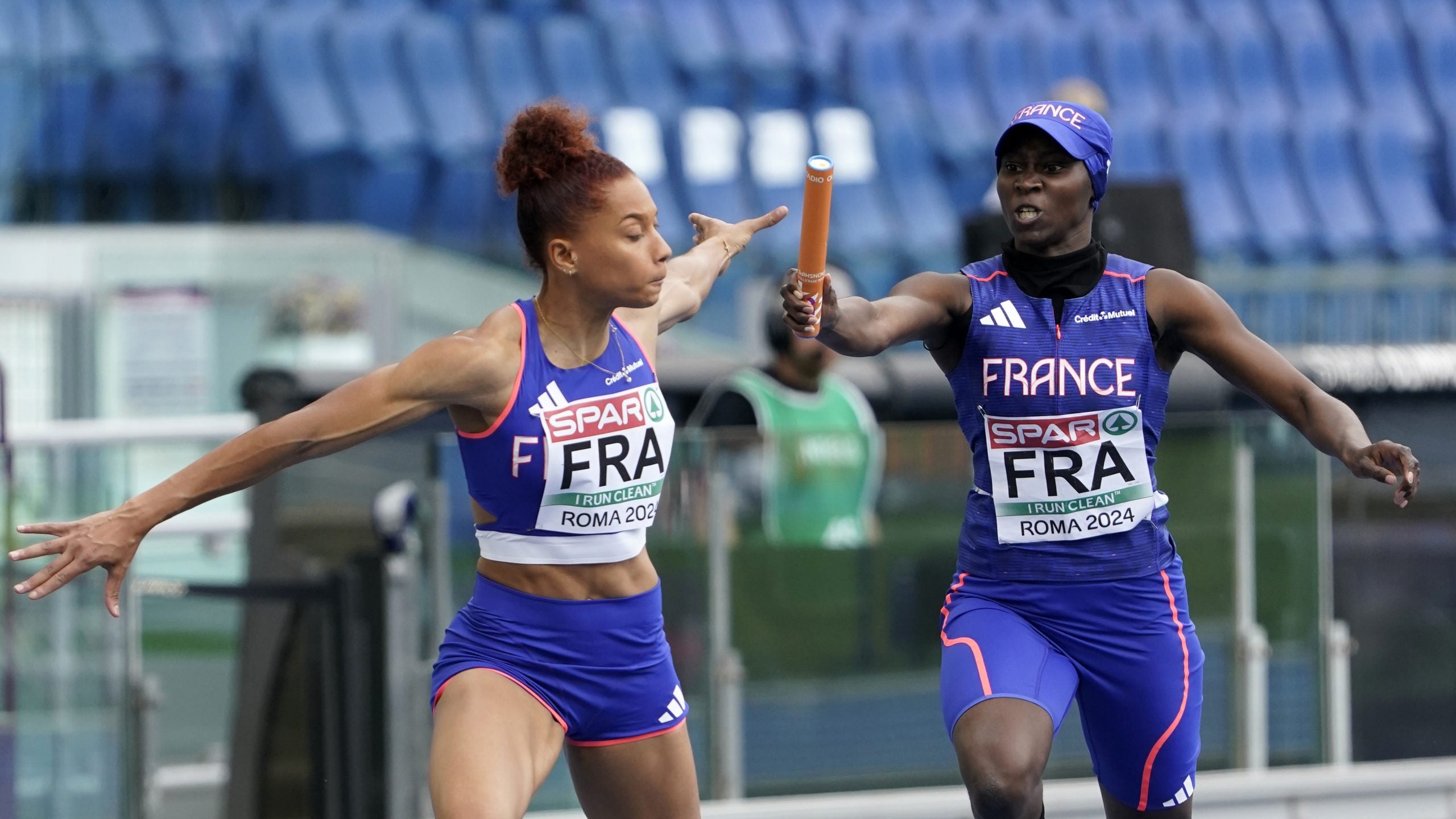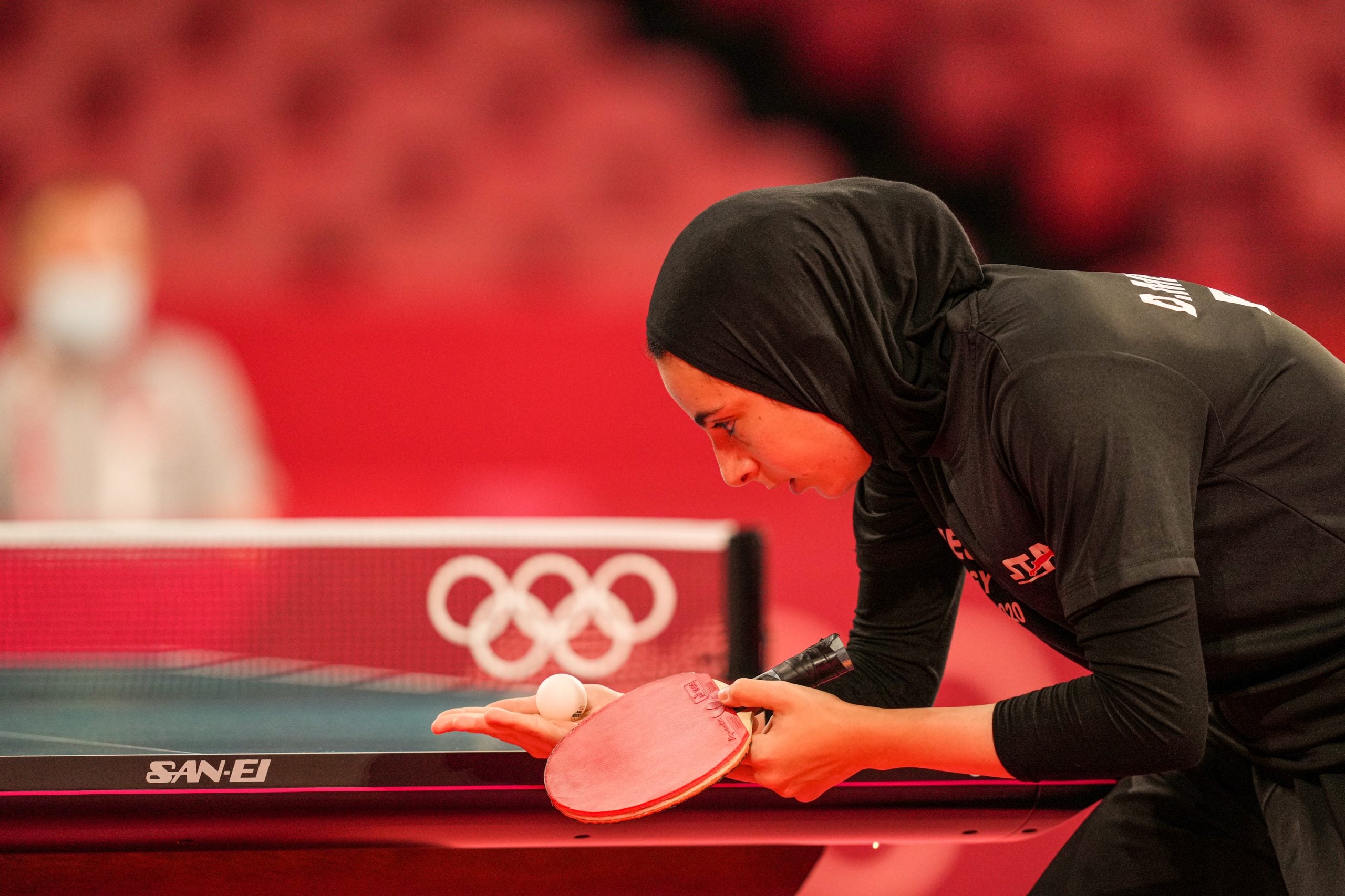
The Paris Olympics have taken off in full force this year, earning praise as one of the most gender-equal games in history. Athletes from around the globe have gathered to celebrate camaraderie and global sportsmanship. However, amidst the festivities, criticism has emerged directed at the French government for prohibiting its Muslim athletes from wearing hijabs.
This restriction applies only to French athletes and not to women from visiting countries who wear the hijab. The French government’s ban stems from “laïcité”—a core aspect of French society promoting state secularism and the division between private and public spheres. While intended to promote equality, this policy has sparked major criticism, especially as the world converges on Paris for the Olympics.

The Olympic Charter guarantees the right of athletes to participate without discrimination, including against their religion. Muslim women from countries other than France can take part in the Paris Olympics wearing their hijabs, placing French athletes in a uniquely restricted position.
Two notable athletes who have experienced the impact of these rules firsthand are Sounkamba Sylla, a French Muslim relay runner, and Diaba Konate, a 23-year-old point guard. Sylla was told she would be banned from competing if she wore her headscarf, but eventually reached a compromise with organizers to wear a blue cap instead. This compromise highlights the challenges French athletes like Sylla endure.

Konate, after a successful college career in the United States, discovered upon her return to France that she wasn’t allowed to play in a 3×3 tournament due to a rule change by the French Basketball Federation (FFBB) in 2022, which bans any kit “with a religious or political connotation.” She described her experience as heartbreaking in a BBC report, a sentiment echoed by many.
Human rights organizations, including Amnesty International, have criticized the ban as a “violation of human rights” with a “devastating impact.” They regard it as a “breach of multiple obligations under international human rights treaties.” The policy has also sparked outrage among female athletes from other countries who are able to participate in the Olympics wearing their hijabs.
Despite these controversies, the Paris Olympics are a monumental achievement in terms of gender parity. For the first time in Olympic history, women athletes have as many places as male athletes. This 50:50 allocation marks the first Olympics to achieve full gender parity on the field of play. Thomas Bach, President of the International Olympic Committee, described this milestone as “one of the most important moments in the history of women at the Olympic Games, and in sport overall.”
However, the politicization of the hijab amidst claims of respecting religious faith in France raises questions. Must the push toward gender parity come at the expense of respecting people’s faith? As cultures and communities worldwide continue to find ways to coexist, the Olympics represent a microcosm of the world coming together in fun and sportsmanship.
Discriminating against athletes based on their faith as these athletes have expressed harmful, especially at such an elite level of sports. The world watches as France navigates this complex intersection of secularism and religious freedom on the global stage.







